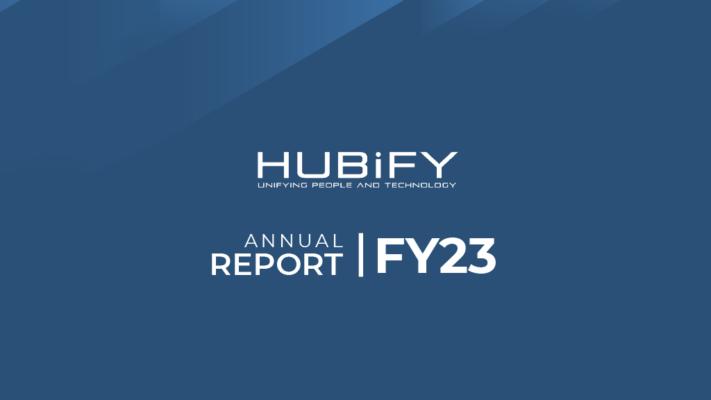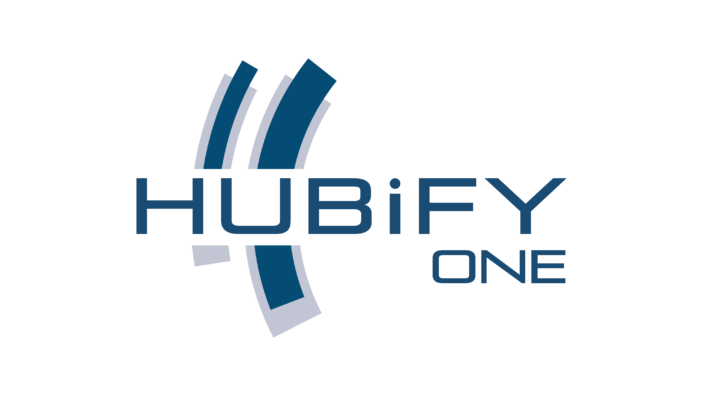Information management is the cost-effective practice of collecting and using data securely and efficiently. The main goal of data management is to help people and organisations optimise the use of data within the bounds of policy and regulation so that service providers and clients can make appropriate business decisions.
What Does Data Management Involve?
Data management is a process that involves ingesting, storing, organising and maintaining collected data. Types of data that are collected include emails, videos, social media content, files and a wide array of other media. Information managers can efficiently store and/or disseminate information based on the evaluation of the collected data.
By employing these processes an organisation can efficiently manage information to allow a company to conduct its business effectively. Information management ecompasses people, process, technology and content within its framework by operating different systems such as document management, records management, intranet platforms and more.
IT Service Management / ITSM
Information management can also be offered as IT service management or ITSM as it includes the same activities and processes as information management. The services available within ITSM include databank information, predictive information, decision making information systems and decision taking information systems.
The systems involved are document management, records management, web content management, digital asset management, learning management systems, intranet platforms, and enterprise search. All these systems work together to provide a cohesive system operation for the proper delivery of Managed IT services.






